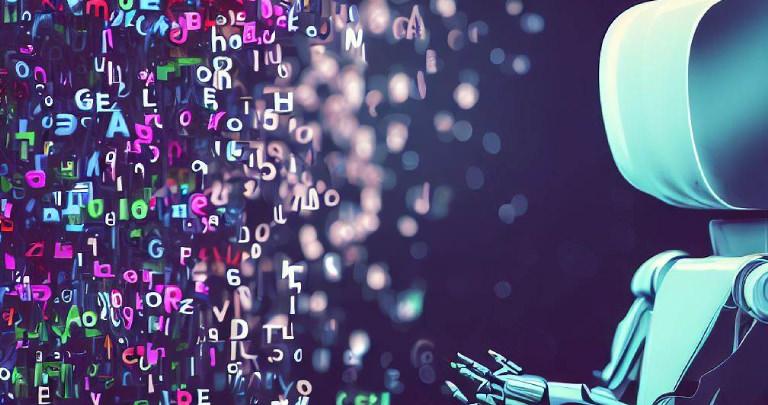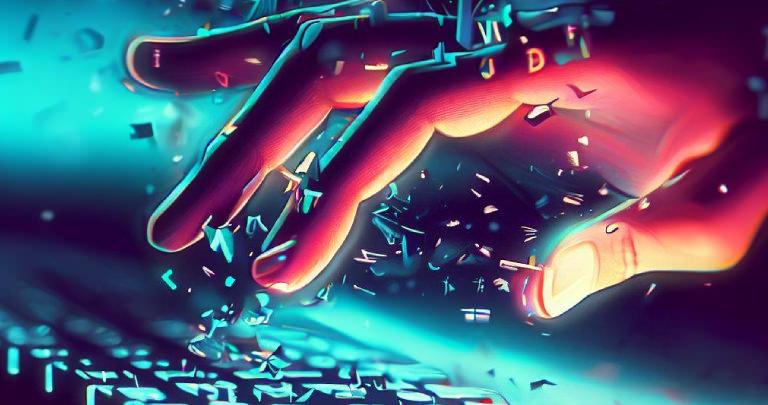How Chatbots are Changing the Way We Communicate and what We Need to do About It


Artificial intelligence (AI) is transforming the
way we communicate, interact, and access information online. One of the most prominent applications of AI is chatbots, or
conversational agents, that can simulate natural human conversations and provide various services, such as customer support,
entertainment, education, and more.
Chatbots are not a new phenomenon. They have been
around since the 1960s, when the first chatbot, ELIZA, was created by Joseph Weizenbaum at MIT. ELIZA used simple pattern
matching and keyword substitution to mimic a psychotherapist. However, chatbots have evolved significantly in recent years,
thanks to the advances in natural language processing (NLP), Machine Learning, and Deep Learning.
ChatGPT
One of the most impressive examples of chatbots
is ChatGPT, an AI system developed by OpenAI, a research organization co-founded by Elon Musk. ChatGPT uses a large-scale
neural network model called GPT, which currently has 100 trillion parameters and can generate coherent and diverse texts on
almost any topic. ChatGPT can write stories, messages, code, essays, songs, and more, based on the user's input.
ChatGPT has been praised by many experts and enthusiasts
for its creativity and versatility. For instance, Bill Gates, the co-founder of Microsoft, said that he is “excited”
about ChatGPT and finds it “pretty fantastic” in its potential to teach math and offer medical advice to people with limited
access to resources. He also said that he uses ChatGPT primarily “for serious purposes” though he admits
to using it for “fun things” like writing poetry.
However, ChatGPT also has its limitations and challenges.
For one thing, it is not always accurate or reliable. Gates said that ChatGPT is “truly imperfect”
and has seen it answer math questions “completely wrong”. Moreover, ChatGPT may generate texts that are
biased, offensive, or harmful, as it learns from a large corpus of data that may contain such content. Therefore, ChatGPT
requires careful monitoring and moderation to ensure its ethical and responsible use.
Furthermore, ChatGPT may have implications for the
future of work and society. Some people may worry that ChatGPT will replace human workers in various domains, such as writing,
teaching, or customer service. Others may fear that ChatGPT will influence human behavior and opinions in undesirable ways.
For example, Elon Musk, who left OpenAI's board of directors in 2018 due to disagreements over its direction, has been vocal
about his concerns about AI. He called AI “one of the biggest risks to the future of civilization”
and said that Bill Gates' understanding of AI is “limited”.

The Challenges
These challenges and implications raise important
questions about the role and regulation of chatbots in our society. How can we ensure that chatbots are accurate, reliable,
fair, and transparent? How can we balance the benefits and risks of chatbots for individuals and communities? How can we foster
human-AI collaboration and coexistence?
One way to approach these questions is to consider
the concepts of Uberization and APIfication. Uberization refers to the process of transforming work into on-demand services
that are mediated by digital platforms. APIfication refers to the process of creating application programming interfaces (APIs)
that allow different software components to communicate and exchange data.
Uberization and APIfication have both positive and
negative effects on work and society. On the one hand, they can create new opportunities for innovation, entrepreneurship,
flexibility, and efficiency. On the other hand, they can also create new challenges for labor rights, quality standards, security,
and privacy.
Similarly, chatbots can be seen as a form of Uberization
and APIfication of communication and information. On the one hand, they can provide convenient and personalized services that
enhance user experience and satisfaction. On the other hand, they can also pose new challenges for trustworthiness, accountability,
control, and autonomy.
Therefore, we need to be aware of the potential
impacts of chatbots on our work and society. We need to engage in critical and constructive dialogue with various stakeholders,
such as developers, users, regulators, educators, researchers, and activists. We need to develop ethical principles and guidelines
for designing and using chatbots. We need to promote digital literacy and education for chatbot users and creators. And we
need to foster a culture of human-AI collaboration and coexistence that respects human dignity and values.




